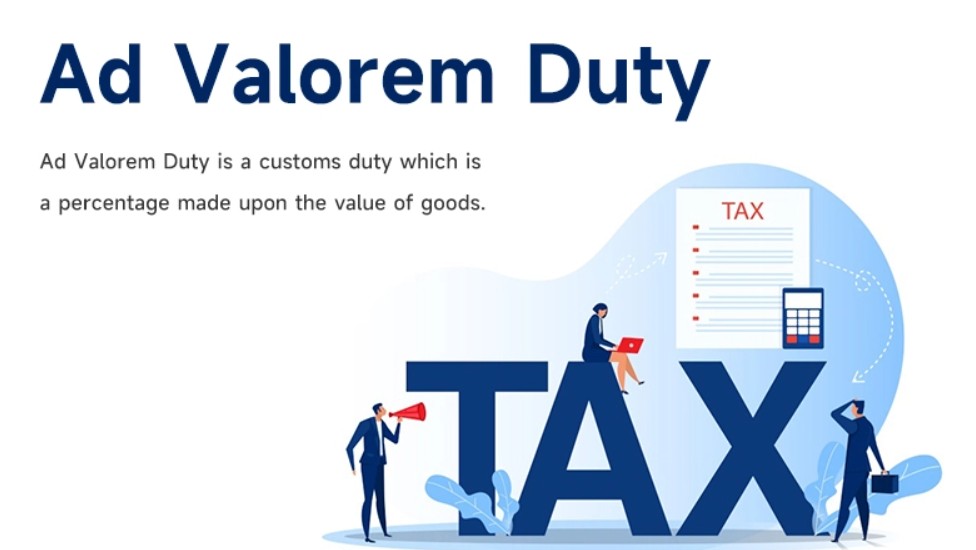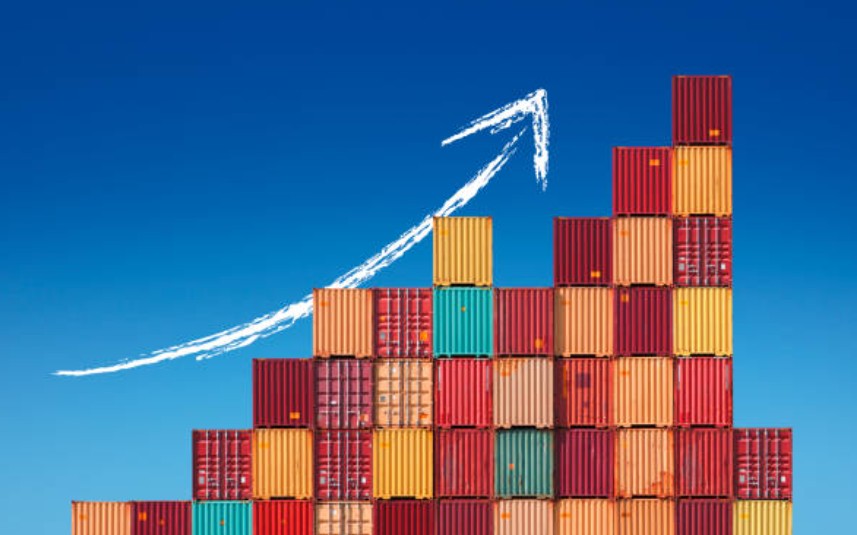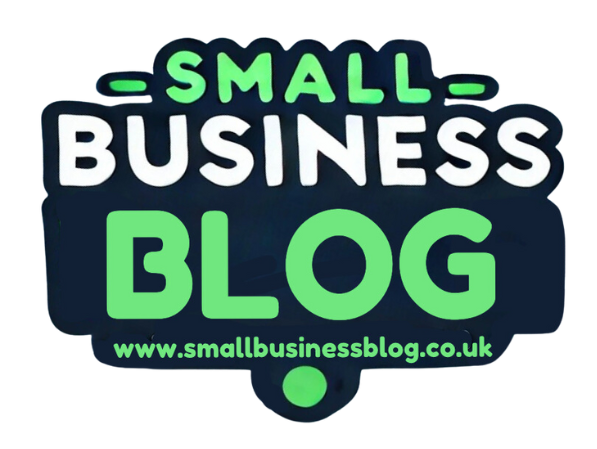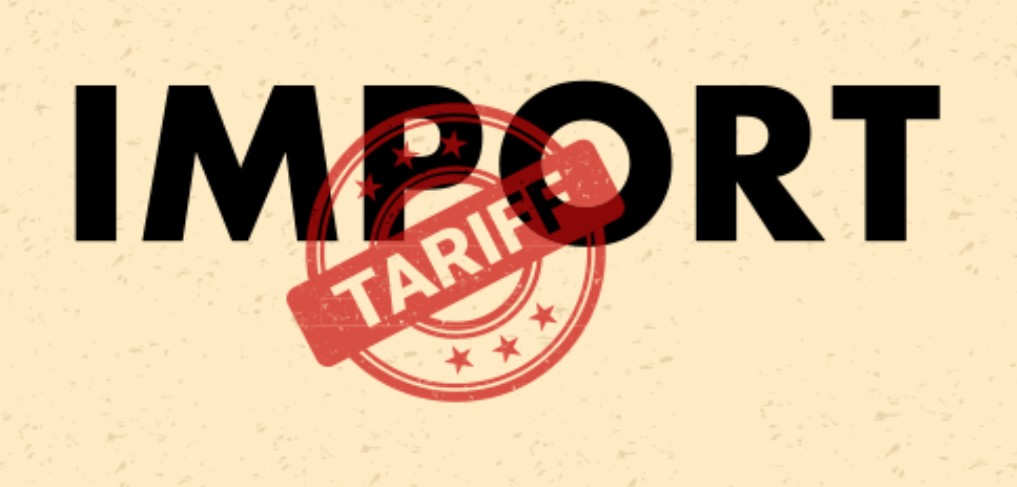How Do Import Tariffs Work? A Deep Dive Into Trade Dynamics
Last Updated on
Import tariffs – a term that frequently appears in trade discussions and business news, but what do they actually mean for small businesses in the UK? Understanding how import tariffs work is crucial for UK-based small business owners, especially if you’re involved in importing goods. This knowledge can help you make better financial decisions and avoid unexpected costs, giving you an edge in an increasingly competitive market.
So, what exactly are import tariffs, and how do they affect your business and your customers? Let’s break it down.
What Exactly Are Import Tariffs?
Imagine you’ve found a fantastic supplier in another country, and the price of the products looks great. However, there’s one catch – import tariffs.
Import tariffs are essentially taxes or duties imposed by the UK government on goods that are brought into the country. The idea behind these taxes is that they generate revenue for the government and help protect domestic industries from cheaper foreign competition. These rates may differ depending on various influencing factors such as:
- The type of product you’re importing
- The country of origin
- The trade agreements in place between the UK and that country
These factors are important because tariffs differ greatly based on industry standards and international relations.
Why Do Governments Impose Import Tariffs?
To Protect Domestic Industries: Does This Benefit UK Businesses?

Governments impose import duties to shield domestic industries from foreign competition. By imposing tariffs on foreign goods, local businesses are encouraged to buy and produce locally, creating a competitive advantage for domestic manufacturers.
For instance:
- If UK-based manufacturers face a tariff on imported steel, it may encourage the growth of local steel production, as consumers and businesses would lean towards buying locally-made steel.
However, this protection could come at a cost for businesses that rely on importing certain goods. For example, if you’re in the construction business and you need to import steel for building materials, those tariffs could result in higher costs for your business, leading to increased prices for your customers.
Are Tariffs About Punishing Trade Partners?
Sometimes, tariffs are used as a political tool to impose economic pressure on other countries, particularly when trade relationships are tense. A country might impose tariffs to retaliate against a trade partner or to negotiate better deals. For example, in global trade disputes (like the US-China trade war), tariffs were used as part of economic leverage.
For UK businesses, post-Brexit tariffs have a significant impact. The UK’s decision to leave the European Union meant that trade agreements had to be renegotiated, and the UK now has more freedom to set its own tariff rules with non-EU countries. This can potentially open new opportunities for UK businesses, but it also creates uncertainty regarding trade terms with the EU.
How Do Import Tariffs Work?
Import Tariffs Defined
So, now that we know tariffs exist to protect domestic industries and sometimes act as a negotiating tool, let’s explore how import tariffs actually work in practical terms.
When you import products into the UK, you’re required to pay a tariff on the goods, which increases their overall cost. These tariffs can be calculated in a few different ways, depending on the type of goods and the agreements between countries.
There are several types of tariffs you should be aware of:
- Ad valorem tariffs: They are determined based on a proportion of the total worth of the items. For example, if the tariff is 10% and the value of the product is £1,000, you’ll pay £100 in tariffs.
- Specific tariffs: These are standard fees assigned to each unit, regardless of the price of the item. For example, £3 per kilogram of bananas.
- Compound tariffs: This approach integrates both ad valorem and specific tariff systems, where the tariff is determined as a percentage of the product’s value as well as a set fee per unit, varying by the type of product.
The applicable tariff rate is determined by the type of product and its country of origin.
The UK has different tariffs for products imported from EU countries versus non-EU countries, thanks to its new post-Brexit trade agreements.
How Do Import Tariffs Affect Your Bottom Line?
Do Tariffs Increase the Price of Your Goods?
Yes, import tariffs generally raise the cost of the products you import. This increase in cost is often passed down the supply chain to the final consumer.
Here’s a more detailed example:
- Suppose you’re importing a smartphone that costs £500. If the tariff rate is 10%, you’ll have to pay an additional £50, making the total cost £550. To cover this additional cost and maintain profitability, you may need to raise the price of the smartphone when selling it in the UK.
This price hike can be especially challenging for small businesses because it could affect demand, particularly if your customers are sensitive to price increases.
Can You Avoid Paying Tariffs?
If you’re a small business, you might be wondering if there’s a way to reduce or avoid paying tariffs altogether. While there’s no “easy” way to sidestep them, there are a few strategies you can explore:
- Trade deals: The UK has negotiated several post-Brexit trade deals with countries such as Japan, Canada, and Australia. These deals often come with lower or zero tariffs for specific goods. By sourcing products from these countries, you can reduce costs.
- Tariff relief: Certain goods that are used for manufacturing or re-exporting may be eligible for tariff relief programs. For example, if you’re importing goods to use as raw materials in your production process, you may be able to avoid some tariffs through customs programs.
However, it’s important to note that not all businesses will be eligible for relief, so it’s worth speaking to a trade expert or customs consultant.
What Types of Tariffs Are There?
Tariffs vary in how they’re calculated and implemented. The most common types are:
1. Ad Valorem Tariffs: Value-Based Import Duties

As mentioned earlier, these tariffs are a percentage of the total value of the goods. For example:
- If you import a product worth £1,000 and the tariff is 15%, you will owe £150 in tariffs.
2. Specific Tariffs – A Fixed Amount
Some products are taxed with a specific tariff, which is a set amount per unit, independent of the value of the goods. For example:
- £3 per kilogram of bananas.
3. Blended Tariffs – Merging Elements of Both Types
A compound tariff combines a fixed fee and a percentage of the item’s value. For example, if a product is charged £3 per unit and 10% of its value, you’ll have to pay both.
How Do Import Tariffs Affect UK Consumers?
Why Are Imported Goods More Expensive?

As explained earlier, when import tariffs are applied, they increase the cost of goods. Consumers bear the brunt of this increase, as businesses pass on the higher costs to customers. This could mean higher prices for everything from electronics to food products.
For example, if a UK-based retailer is importing furniture from the US, a 10% tariff might add a significant cost to each item, which could result in higher retail prices for consumers.
Can Tariffs Lead to Shortages?
In some cases, tariffs can lead to shortages. If tariffs on certain goods become too high, foreign suppliers may stop selling to UK businesses, as it may no longer be profitable. This could limit the availability of specific products, which may then drive up prices and cause supply chain disruptions.
How Can UK Businesses Manage Tariffs Effectively?
Managing tariffs effectively is critical for UK businesses involved in international trade. Here are some strategies:
- Stay Updated with Trade Agreements: After Brexit, the UK entered into new trade deals with various countries. These deals can lower tariffs, so it’s essential to know the details of any trade agreements that affect your imports.
- Smart Supply Chain Planning: If you can’t avoid tariffs, the next best thing is to manage them effectively by optimizing your supply chain. Look at options like bulk purchasing, alternative suppliers, or shifting the sourcing of your products to countries with fewer or no tariffs.
- Negotiate with Suppliers: If your business relies heavily on imports, you could negotiate with suppliers to share the burden of tariffs or find ways to offset higher costs through bulk discounts.
Snapshot of Import Tariff Trends for the UK
Here’s an updated table of how tariffs have changed over recent years:
| Year | Average Tariff Rates | Key Trade Developments | Impact on UK Imports |
|---|---|---|---|
| 2019 | 2.1% | Brexit negotiations ongoing | Uncertainty over EU trade rules and border checks |
| 2020 | 3.0% | UK-EU Trade Agreement signed | Introduction of new tariffs and customs declarations |
| 2021 | 2.5% | First wave of UK trade deals (Japan, Australia, etc.) | Easier access to non-EU markets, but rising EU import costs |
| 2022 | 1.8% | UK Global Tariff implemented | Simpler tariff structure; small relief for select goods |
| 2023 | 1.6% | Expansion of Developing Countries Trading Scheme (DCTS) | Reduced tariffs from 65+ developing nations |
| 2024 | 1.4% | UK-India and CPTPP trade deals provisionally agreed | Lower tariffs on tech, machinery, clothing from Asia-Pacific |
| 2025 | 1.2% (projected) | Full entry into CPTPP; ongoing EU renegotiations | Diversification of imports away from EU; stronger Asia-Pacific ties |
Final Thoughts: Navigating the Tariff Maze
Understanding how do import tariffs work can significantly benefit your business by helping you make informed decisions about sourcing and pricing. While tariffs can increase costs, there are strategies to manage these expenses effectively. Staying informed, taking advantage of trade agreements, and optimizing your supply chain are essential steps in reducing the impact of tariffs on your business.
By staying on top of tariff changes and exploring smarter ways to navigate the world of international trade, your business will be well-prepared to thrive in a post-Brexit UK.
FAQs About Import Tariffs
How Do Import Tariffs Affect Post-Brexit UK Businesses?
Post-Brexit, the UK faces new tariffs with the EU, and businesses must adjust to new rules. However, trade deals with non-EU countries can reduce tariffs, opening up more competitive options for sourcing products.
Can I Avoid Paying Tariffs If I Buy From Certain Countries?
Yes, the UK has trade agreements that provide lower tariffs or no tariffs on goods imported from specific countries. Always check the latest trade deals to find the best sourcing options.
Do Import Tariffs Impact All Products?
No. Tariffs depend on the type of product and the country it’s being imported from. Some products might be subject to higher tariffs, while others could be tariff-free, depending on international trade agreements.







